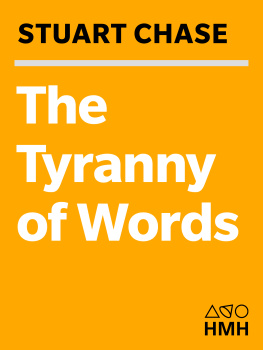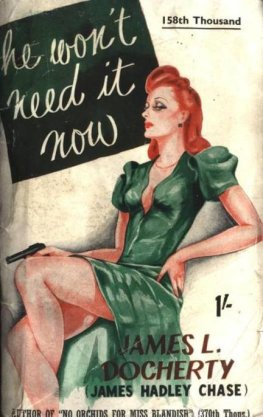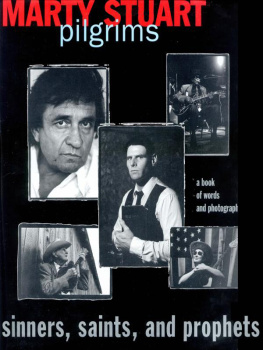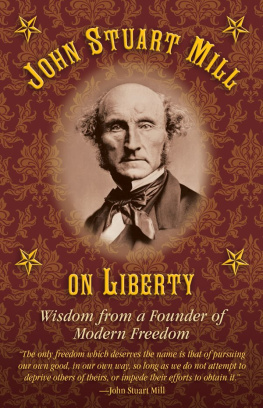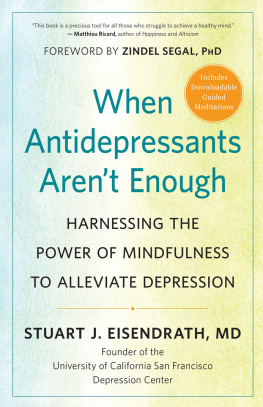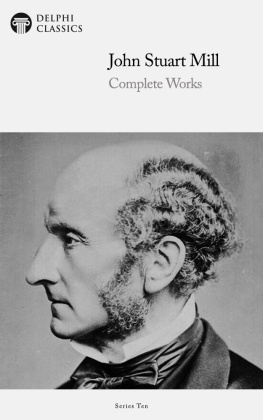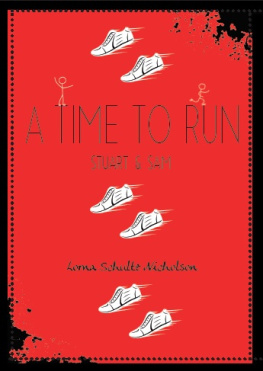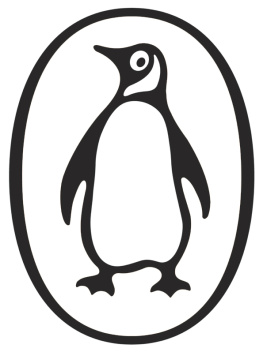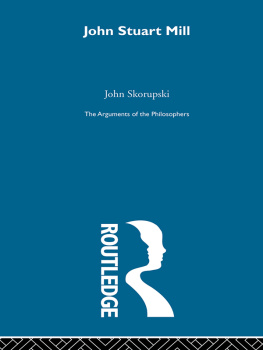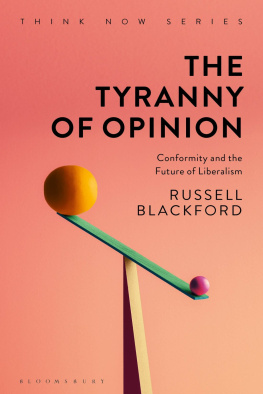Stuart Chase - The Tyranny Of Words
Here you can read online Stuart Chase - The Tyranny Of Words full text of the book (entire story) in english for free. Download pdf and epub, get meaning, cover and reviews about this ebook. year: 1938, publisher: ePubLibre, genre: Romance novel. Description of the work, (preface) as well as reviews are available. Best literature library LitArk.com created for fans of good reading and offers a wide selection of genres:
Romance novel
Science fiction
Adventure
Detective
Science
History
Home and family
Prose
Art
Politics
Computer
Non-fiction
Religion
Business
Children
Humor
Choose a favorite category and find really read worthwhile books. Enjoy immersion in the world of imagination, feel the emotions of the characters or learn something new for yourself, make an fascinating discovery.
- Book:The Tyranny Of Words
- Author:
- Publisher:ePubLibre
- Genre:
- Year:1938
- Rating:4 / 5
- Favourites:Add to favourites
- Your mark:
- 80
- 1
- 2
- 3
- 4
- 5
The Tyranny Of Words: summary, description and annotation
We offer to read an annotation, description, summary or preface (depends on what the author of the book "The Tyranny Of Words" wrote himself). If you haven't found the necessary information about the book — write in the comments, we will try to find it.
The Tyranny Of Words — read online for free the complete book (whole text) full work
Below is the text of the book, divided by pages. System saving the place of the last page read, allows you to conveniently read the book "The Tyranny Of Words" online for free, without having to search again every time where you left off. Put a bookmark, and you can go to the page where you finished reading at any time.
Font size:
Interval:
Bookmark:


STUART CHASE (1888-1985) Born in Somersworth, New Hampshire was an American economist and engineer trained at MIT. His writings covered topics as diverse as general semantics and physical economy. His hybrid background of engineering and economics places him in the same philosophical camp as R. Buckminster Fuller. It has been suggested that he was the originator of the expression a New Deal, which became identified with the economic programs of American president Franklin Delano Roosevelt. He had a cover story in The New Republic entitled A New Deal for America, during the week that FDR gave his 1932 acceptance speech promising a new deal, but whether FDR's speechwriter Samuel Rosenman saw the magazine is not clear.
He was a member of the Technical Alliance, and involved with the Technocracy movement. In The Economy of Abundance Chase suggests that the facts behind the ideas of Technocracy Incorporated remain more important than whether Howard Scott was a degreed engineer or not.
His 1938 book The Tyranny of Words was an early (perhaps the earliest, predating Hayakawa) and influential popularization of Alfred Korzybski's general semantics which can still be read with profit.
Original Title: The Tyranny Of Words
Stuart Chase, 1938
Digital editor: Titivillus
ePub base r1.2
If you find some typos in the book or you would like to share more books from the same author, please send me a private message from the official page of EpubLibre. Together we will improve the Scriptorium project
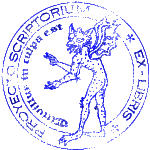
A popular approach to semantics in which the author discusses how to clarify the meaning of words and achieve more exact communication.
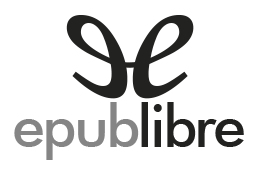
Stuart Chase
ePub r1.2
Titivillus 27.11.15
This book is an experiment. Is it possible to explain words with words? Can some of the reasons why it is so difficult for us to communicate with one another by means of language be set forth in that same faulty medium? It is for the reader to judge.
I have read a few books which have broadened my understanding of the world in which I live. These contributions I here attempt to pass on. To them I have added much illustrative material and a few conclusions of my own. The subject dealt with human communication has worried me for many years. I believe it worries every person who thinks about language at all. Does B know what A is talking about? Does A himself know clearly what he is talking about? How often do minds meet; how often do they completely miss each other? How many of the world's misfortunes are due to such misses?
As a result of this uneasiness I long ago formulated a few rules which I tried to follow in my writing and talking. They were on the edge of the subject which concerns us in this book. In due time I found certain men who had penetrated boldly into the heart of the subject, equipped with tools of analysis more sharp than any I had used. I follow behind them here. I do not tell all that they tell, because I do not understand all that they tell. So this is not a full and careful account of the findings of other explorers into the jungle of words, but only an account of what I found personally illuminating and helpful. To Alfred Korzybski, C. K. Ogden, I. A. Richards, and P. W. Bridgman I tender my profound gratitude for the help they have extended, and ask their indulgence for what I have left unsaid. To E. T. Bell, Lancelot Hogben, Thurman W. Arnold, E. S. Robinson, Jerome Frank, Walton Hamilton, Henshaw Ward, and others quoted in the text I am only less indebted.
The manuscript has been read and criticized in whole or in part by Walter N. Polakov, John and Frances Gunther, Dr. and Mrs. Hugh H. Darby, Bassett Jones, Raymond Gram Swing, and Morris Ernst. My debt to them is great. H. M. Feine and Beverly Magee typed the entire manuscript twice and contributed various valuable suggestions. My son, Robert Harfield Chase, consented to act the part of guinea pig, marking in green pencil those portions of the manuscript not clear to him, a boy of twenty-one. This was done on the perhaps not unwarranted assumption that if a Harvard undergraduate could understand the text, any intelligent reader could understand it. He proved a fine, conscientious guinea pig and I am grateful to him. My wife, Marian Tyler Chase, has given unsparingly of her time and critical intelligence in reading, revising, and documenting the manuscript. My gratitude to her is greatest of all. Mr. Hobie Baker, my yellow tomcat, has been most amiable in allowing himself and his affairs to be inquired into during the course of this study. As you will see, he comes close to being the hero of the story.
Finally, I should like emphatically to point out that the semantic discipline as set forth in these pages is concerned primarily with objective relationships between the individual and the outside world, between the me and the beyond-me. Into those subjective relationships inside the me, the psychological domain of motives, association paths, complexes, fixations, and the rest, I have not seriously ventured. I do not know enough. The field of semantics, broadly interpreted, includes this area. Subjective relations affect many of the problems which I have here considered from the point of view of communication. I urge more competent students to extend and make lucid the analysis in this field, an analysis which I can only indicate.
STUART CHASE
Redding, Connecticut
September, 1937
Chapter I. A WRITER IN SEARCH OF HIS WORDS
Having written a number of books, your author thinks it about time to find out the nature of the words he has been so confidently using. Do readers know what he means by these words? Does he know himself? Surprising results of the initial investigation.
Chapter II. A LOOK ROUND THE MODERN WORLD
Disastrous effects of bad language in the ideological war between communism and fascism, in the battle between President and Supreme Court, in political, legal and economic thinking generally. A review of the major verbal spooks in the United States. The need for a closer examination of the communication process.
Chapter III. INSIDE AND OUTSIDE
What physiologists and neurologists have to tell us about signals from the world outside to the me inside. How the senses report these signals to the mind. What is now reliably known about the pattern of the outside world on the macroscopic, microscopic and sub-microscopic levels. How meaning gets through, and how misinterpretation of the environment in which we live endangers the survival of the species. Bad language as a powerful anti-survival agent.
Chapter IV. CATS AND BABIES
How animals derive meanings from their environment. Your author's yellow tom cat, Hobie Baker, as an illuminating exhibit. How Hobie communicates. His high survival value. How infants follow a similar pattern until the profoundly important moment when language begins. How word magic commences alarmingly early. We tend to get off on the wrong communication track at a very tender age.
Font size:
Interval:
Bookmark:
Similar books «The Tyranny Of Words»
Look at similar books to The Tyranny Of Words. We have selected literature similar in name and meaning in the hope of providing readers with more options to find new, interesting, not yet read works.
Discussion, reviews of the book The Tyranny Of Words and just readers' own opinions. Leave your comments, write what you think about the work, its meaning or the main characters. Specify what exactly you liked and what you didn't like, and why you think so.


